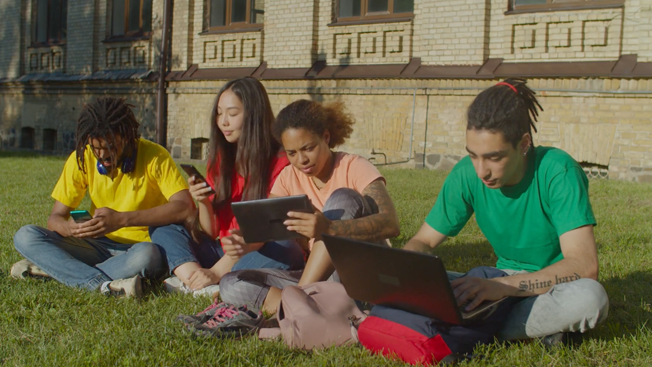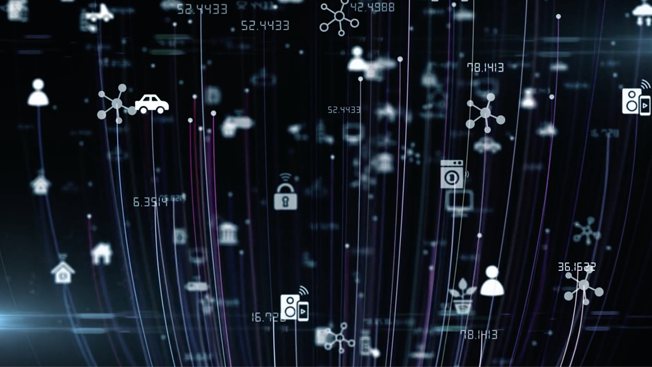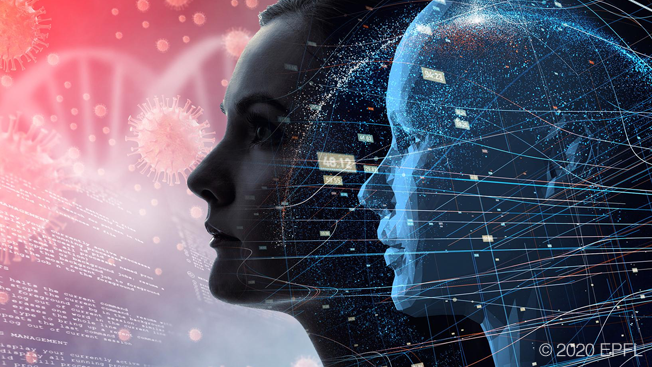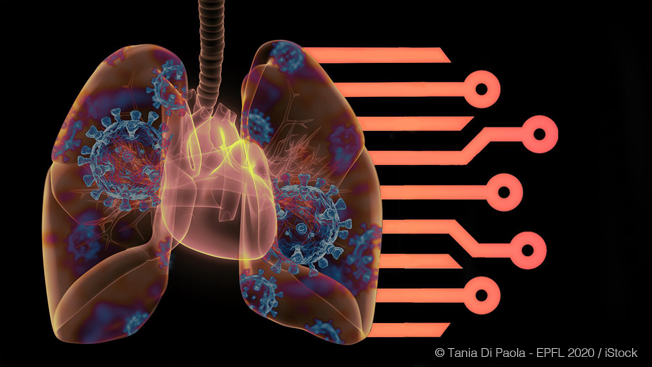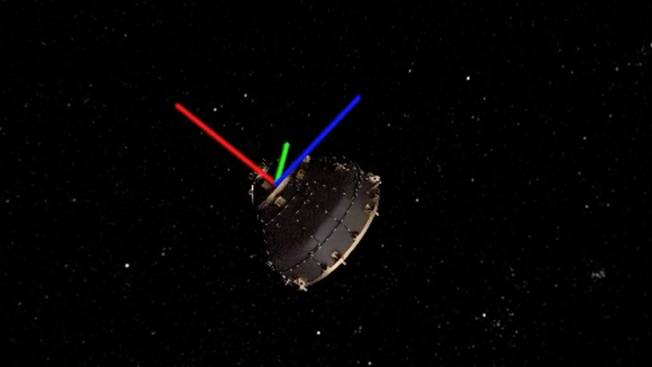Researchers from EPFL and INRIA have developed the first online FL system called FLeet, which makes it possible to carry out machine learning on mobile devices in real-time without any impact on learning tasks.
Read MoreArticles by John
Parental Control or Parent Trap?
The study, which has won the “Prize for the research and Personal Data Protection Emilio Aced” given by the Spanish data protection agency (AEPD), raises a potent question: Does the use of parental control apps justify the dangers arising from the collection and processing of private data?
Read MorePhotonic Chips: Breakthrough in Data Processing
An international group of scientists has collaborated to present a photonic hardware accelerator that is capable of operating at speeds of “trillions of multiply-accumulate operations per second,” far beyond the capabilities of existing computer processors.
Read MoreEPFL Scientists Point to Perils of Unregulated AI
As the applications of AI increase rapidly, the scientific community, as well as lawmakers, are concerned that unregulated AI can lead to misuse and abuse.
In this context, the European Commission took a clear stance by releasing a white paper in February 2020, which could lead to a regulatory framework for AI.
Rafael Pinot Receives EcoCloud Postdoctoral Research Award
Distributed computing is already playing a pivotal role in a wide range of applications including web-based communications and intelligent information systems. In keeping with this development, EcoCloud presented a research project award to Rafael Pinot for his ongoing work on controlling the spread of fake news or infectious diseases based on the theory of gossip protocols.
Read MoreNew Humanitarian Initiative Brings Digital Technology and Engineering Skills to the Table
Managing humanitarian aid is one of the most important problems in the modern world. It is also a very powerful and direct approach to make a lasting global impact. Keeping that in context, experts at ETH Zurich and EPFL–two of Switzerland’s leading federal institutes of technology–have joined hands with the International Committee of the Red Cross (ICRC) to launch the Engineering Humanitarian Aid initiative.
Read MoreAI Helps Predict ‘Cytokine Storms’ in COVID-19 Patients
Digipredict detects the first signs of a ‘cytokine storm’ in high-risk COVID-19 patients, thus allowing doctors to act before it causes serious damage to the cardiovascular systems. Cytokines are proteins that play an important role in normal immune responses, but having a large amount of them released in the body all at once can be harmful.
Read MorePascal Frossard Named as Full Professor (STI)
The Board of the Swiss Federal Institutes of Technology has announced the appointment of Pascal Frossard as Full Professor of Electrical Engineering and Electronics in the School of Engineering (STI). Currently Associate Professor at EPFL, he joined the EcoCloud faculty in 2018 to help the research centre drives its cloud computing programs.
Read MoreNew “Sight and Sound” Algorithms to Identify COVID-19 Patterns
About a year ago, when the novel coronavirus broke out, medical science not only failed to arrest its spread but also to properly identify the developmental stages of the disease. Many casualties resulted because the progression of the disease was an enigma. In the later part of the year, there were nascent attempts to harness AI for COVID-19 diagnosis, treatment, and monitoring. A giant step in that direction has been taken recently by researchers at EPFL; they have developed algorithms that can practically see and hear COVID in a patient’s lungs.
Read MoreEPFL Scientists Spearhead Deep Learning Efforts to Clear Space Debris
At least three EPFL laboratories are working in tandem on the project: Computer Vision Laboratory led by Professor Pascal Fua, Realistic Graphics Lab led by Assistant Professor Wenzel Jakob, and Embedded Systems Lab spearheaded by Professor David Atienza (also a faculty member at EcoCloud).
Read More